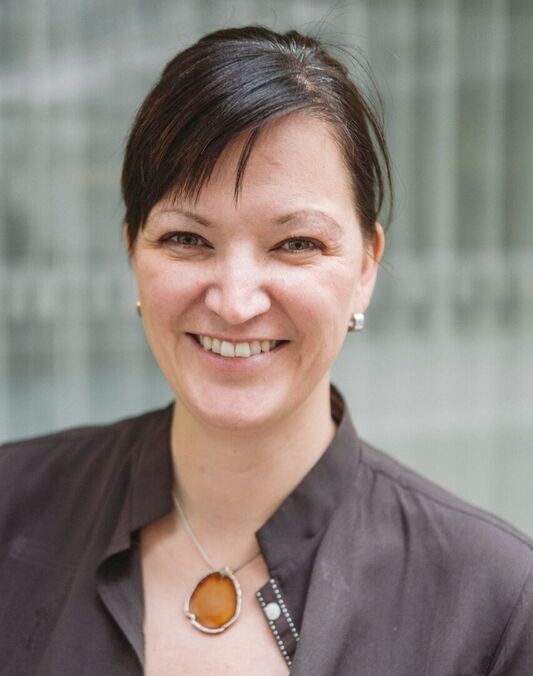
Cyber Warfare
Understanding digital aggressions and their implications for the futureAbstract
Present-day disputes between states are characterized by four aspects – psychological and information operations, intelligence operations, cyber operations, and methods for physical use of force. Cyber operations may use, or contribute to, all of these. Further, a unique feature of cyber operations is the involvement of capable non-state actors, and an increasingly blurred understanding of what comprises a crime by a non-state outfit vis-à-vis a legal operation by the state.
International law is founded on the twin paradigms of peace and war. These paradigms are defined by the concepts of statehood, sovereignty and security. Situations deemed as threats to the state are sorted into one of the two paradigms, and this division is regulated by separate legal frameworks. However, in between the paradigms of peace and war there exists an undefined space not recognized in law. In this context, cyber operations, in particular, present a complex challenge. This owes to the fact that states define cyberspace in terms of territory and sovereignty, and they play on the undefined thresholds between the paradigms to identify and respond to breaches.
In this discussion, we will explore the different issues surrounding cyber warfare – What do contemporary cyber operations entail and what will it become in the future? Who are the primary players? What are the implications of the virtual borderlines in between the paradigms of peace and war? How do states recognize breaches of sovereignty, and then determine their response in terms of the interventions and the use of force required? Why and how do states argue for a legal space governing this grey area? These questions along with many others will be examined with openness and curiosity at this interdisciplinary session.
Explorer

Marika Ericson is Head of Centre for International and Operational Law at the Swedish Defence University. She holds a Doctor of Laws (jur.dr.) in International Law from Uppsala University. She has a background as a legal advisor in the Swedish Armed Forces in Sweden and abroad, and from the Swedish Emergency Management Agency.
She also worked for the Swedish Red Cross and for the International Committee of the Red Cross (ICRC) in Sudan. Marika teaches and researches in the field of international and national law, with a focus on cyberoperations, emergency management, the whole of government approach (total defence) and state of emergency.
Co-Explorers
About Stockholm Explorative Talks
Stockholm Explorative Talks is a meeting place for academic discussions confronting global problems with an interdisciplinary approach, by pairing unlikely academics together. Stockholm Explorative Talks welcomes experts from all over the world for a dialogue best described as dedicated, courageous and surprising. The aim is to gather the world’s brightest brains to examine current issues from new angles, and to find creative solutions to common future challenges.
In 2021, Stockholm Explorative Talks also brings to you a webinar series featuring a diverse group of academics and artists from around the world, from different disciplines for an unusual, interdisciplinary exchange of perspectives pertaining to a range of topical themes. In the course of this transaction of ideas, the webinar series will endeavor to encourage incisive questions, and locate the best ways to explore current issues.
Stockholm Explorative Talks is founded and run by Stockholms Akademiska Forum – 18 universities and the City of Stockholm.




